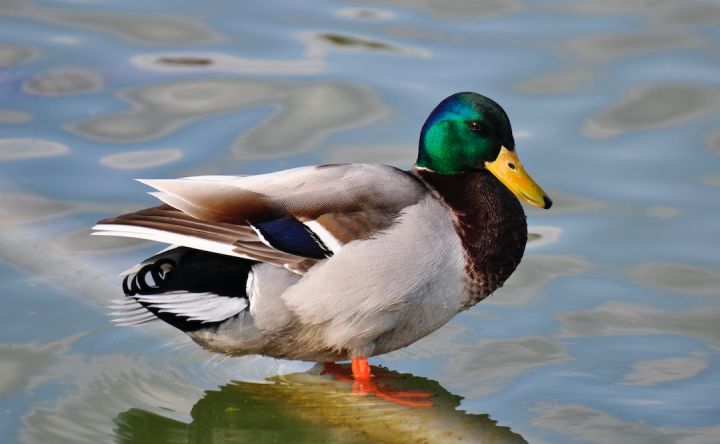How to Choose the Right Duck Call?

Duck hunting is a popular and exciting sport that requires skill, patience, and the right equipment. One essential tool that every duck hunter needs is a duck call. A well-made duck call can help attract ducks and increase your chances of a successful hunt. With so many options available on the market, choosing the right duck call can be overwhelming. In this article, we will discuss some important factors to consider when selecting a duck call that suits your needs.
Understanding the Different Types of Duck Calls
Before diving into the details, it’s important to understand that there are different types of duck calls available. The two main categories are single reed and double reed duck calls. Single reed calls offer more versatility and allow for a wider range of sounds, while double reed calls are known for their ease of use and ability to produce a mellower tone.
Consider the Species You Will Hunt
Different duck species respond to different calls, so it’s essential to consider the species you will be hunting. Mallards, for example, respond well to a variety of calls, while teal may require a higher-pitched call. Research the specific calls and sounds that are effective for the species you plan to hunt, and choose a duck call that can mimic those sounds.
Material and Construction
The material and construction of a duck call can greatly affect its sound quality and durability. Most duck calls are made from acrylic, wood, or polycarbonate. Acrylic calls are known for their excellent sound quality and durability but can be more expensive. Wood calls produce a more natural sound but require extra care to maintain. Polycarbonate calls are budget-friendly and durable, making them a popular choice for beginners.
Try Before You Buy
Just like buying a musical instrument, it’s important to try out a duck call before making a purchase. The sound produced by a duck call can vary depending on the user’s technique and the call’s design. Visit a local hunting store and ask to try out different duck calls to find one that feels comfortable and produces the desired sound. Pay attention to the volume, tone, and ease of use when testing different calls.
Consider Your Hunting Environment
The hunting environment can also influence your choice of a duck call. If you typically hunt in open water or large fields, a louder and more powerful call may be necessary to attract ducks from a distance. On the other hand, if you hunt in smaller bodies of water or densely wooded areas, a softer and more subtle call may be more effective. Consider the distance at which you expect the ducks to be and choose a call that can reach them effectively.
Maintaining Your Duck Call
Once you have chosen the right duck call, it’s important to take care of it to ensure its longevity and optimal performance. Clean your duck call regularly to remove dirt, grime, and moisture that can affect its sound quality. Follow the manufacturer’s instructions for cleaning and maintenance to keep your duck call in top condition.
In conclusion, choosing the right duck call is essential for a successful duck hunting experience. Consider the different types of calls available, the species you will hunt, the material and construction of the call, and try before you buy. Additionally, take into account your hunting environment and properly maintain your duck call to maximize its effectiveness. With the right duck call in hand, you’ll be well-equipped to attract ducks and enhance your hunting experience.
